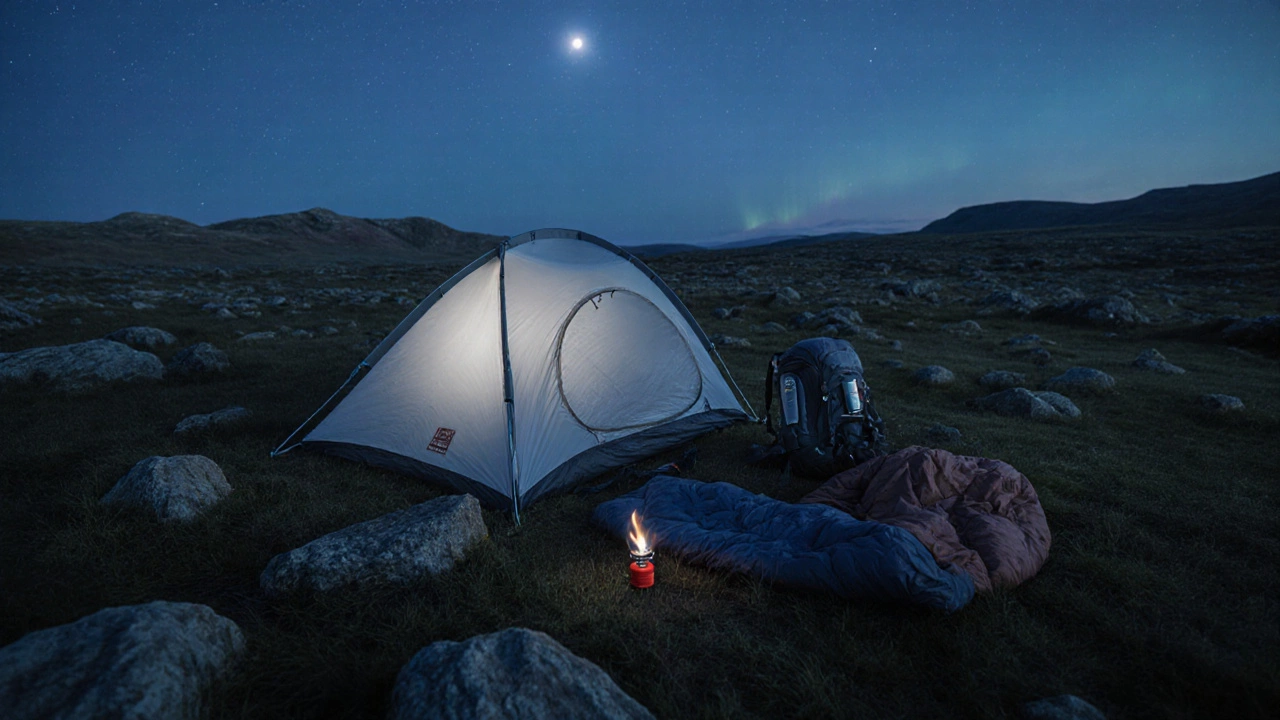UK Wild Camping Laws: What You Can and Can't Do Across England, Scotland, and Wales
When you hear wild camping, sleeping overnight in a tent or vehicle outside designated campsites, often without permission. Also known as free camping, it’s one of the most appealing ways to experience the UK’s countryside—but it’s also one of the most misunderstood. In England and Wales, wild camping is mostly illegal unless you have landowner permission. That means pitching your tent on a hillside, parking your motorhome in a quiet valley, or sleeping under the stars in a remote forest? You’re breaking the law. In Scotland, it’s different. The Countryside Code, a set of guidelines for responsible outdoor behavior in the UK lets you camp wild as long as you follow basic rules: leave no trace, avoid enclosed fields, stay away from buildings, and don’t light fires. It’s not a free-for-all, but it’s a legal gray zone you can navigate if you’re smart.
The difference between wild camping and staying at a licensed campsite comes down to one thing: permission. A campsite, a designated area with facilities like toilets, water, and power hookups, often run by private owners or local councils is approved for overnight stays. Wild camping? No facilities, no permission, no guarantees. That’s why so many people get confused. They see people camping on moorlands or beaches and assume it’s okay. But just because you see it doesn’t mean it’s legal. In England, you could be asked to leave—or fined. In Wales, the rules are even stricter near national parks. Scotland’s approach is more trusting: if you’re quiet, small, and clean, you’re usually fine. But if you show up with a big group, leave trash, or block a path? You’re breaking the law, no matter where you are.
And it’s not just about tents. If you’re sleeping in a motorhome, van, or even your car, the same rules apply. In England, sleeping overnight in a vehicle on public land is often treated as trespassing. Some places, like Dartmoor, have special exemptions—but even there, you can’t stay more than two nights in the same spot. In Scotland, motorhome wild camping is common and accepted, as long as you’re not blocking access or causing damage. The key is understanding local norms. A farmer in the Lake District won’t mind if you slip in quietly for one night. A ranger in Snowdonia might ticket you for the same thing. That’s why knowing the UK campsite rules, official guidelines that vary by region and include fire bans, pet limits, and waste disposal rules matters more than ever.
What you’ll find below are real stories, real rules, and real advice from people who’ve done it—without getting caught. We cover where wild camping is actually tolerated, how to avoid trouble in national parks, what gear you need to stay low-key, and why carrying a portable toilet isn’t just smart—it’s often required. You’ll learn how to read signs, spot private land, and talk to landowners if you’re ever challenged. This isn’t about pushing boundaries. It’s about respecting them so you can keep enjoying the freedom the UK’s wild spaces offer.
